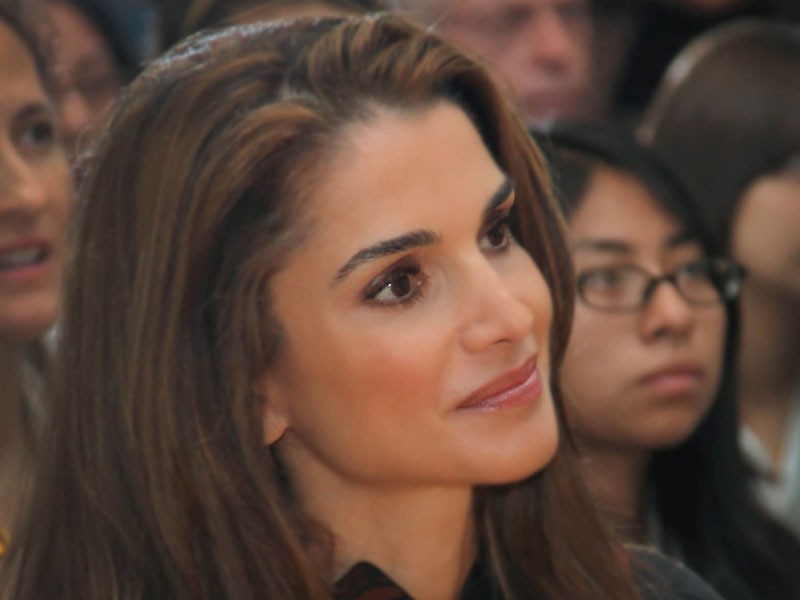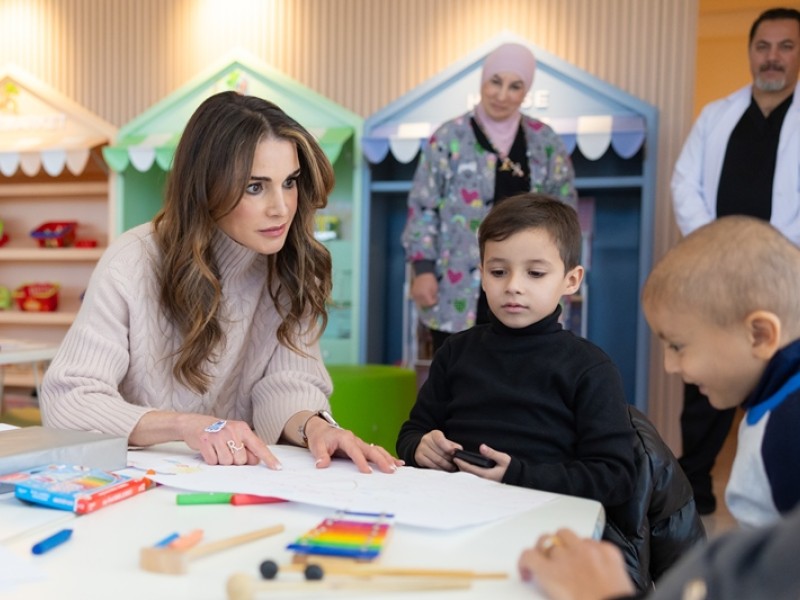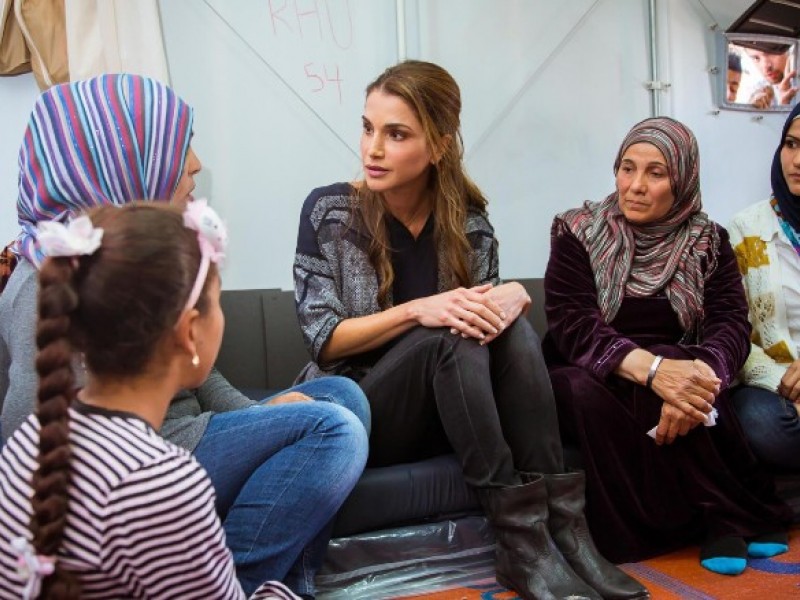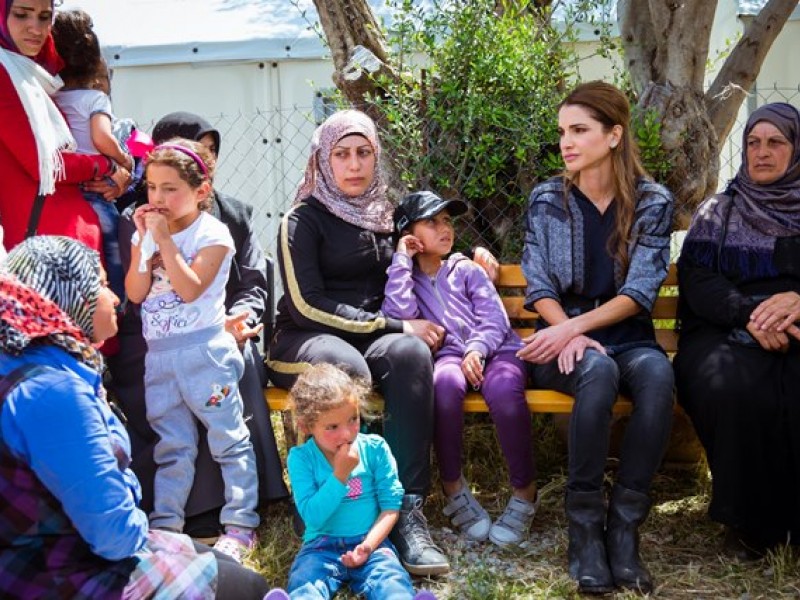A Century of Giving Back

Her face has been kissed by Time. Every crease and line around her eyes records a moment in her life, like the delicate rings in a tree trunk. Etched into her beautiful brown skin, more than one of these proud wrinkles symbolizes the many hardships she has endured over the years. Alone, her seven grown children (one for each day of the week) visit to keep her company and seek her counsel. With what little she has, she still gives what she can: wisdom, compassion, and a modest meal. She is Um Fawaz, from a small village in northern Jordan.
Up in the mountains, several towns over and a generation apart, lives Shifa’a. She sold her only piece of jewellery, her wedding ring, so her husband could go to university and become a teacher, so in turn he could provide their children with a better life. But she didn’t stop there. Shifa’a tapped into her entrepreneurial spirit, applied for a loan, and opened the first mini-market in her town. “I don’t regret the hard work or selling my gold ring,” she says, glancing at her hand. “What matters is today our family stands stronger”.
For me, both these women represent the best of International Women’s Day (IWD). Over the course of a century, IWD has inspired women to break barriers and redefine roles. But the eighth day of March has always been about more than giving women equal rights. It has also been a story of women giving back.
Across Jordan, and the world, women are giving: to their families, communities, and countries. A woman caring for her children; a woman striving to excel in the private sector; a woman partnering with her neighbours to make their street safer; a woman running for office to improve her country – they all have something to offer, and the more our societies empower women, the more we receive in return.
The late King Hussein of Jordan, my husband’s father, a traditional man himself, recognized the power and promise of his countrywomen. He encouraged them to take on typically male jobs, whether it was running a business or racing a car. We saw many courageous breakthroughs, like in aviation, where Royal Jordanian became the first airline in the Middle East to employ a female pilot. His Majesty King Abdullah II continues this drive towards diversity because he knows that Jordan’s greatest resource is its people – all its people.
I am proud of Jordan’s women. They are our entrepreneurs and CEOS, our district attorneys and judges, our parliamentarians, ministers, and ambassadors. From the boardroom to the courtroom, the operating theatre to the lecture theatre, Jordan’s women are chalking up accomplishments great and small.
Jordan and my region, the Middle East and North Africa (MENA) has made remarkable progress in reducing gender gaps in human development. Several countries in the region have achieved gender parity in primary and secondary education, and others are making good progress. Fertility rates have decreased in the past decade.
In Jordan, and most Arab countries, we have more girls in universities than boys. Maternal mortality in my country is around half the global average. Nearly a third of our most profitable entrepreneurs are women in small and large businesses. And in Jordan’s elections last year, 17% of candidates were women.
But I am also a realist, and I know that while many women like Shifa’a give back, many, many more are held back by institutional, economic, cultural, and legislative hurdles.
So, as the chorus for reform rings out in Jordan, and elsewhere in the Arab world, let’s seize this opportunity for women, tune into their voices, and heed their calls.
And let’s remember...we are where we are today because of women. We are what we are because of them, too. And we can only realize our potential when we realize theirs.
Posted on The Huffington Post
Featured
Queen Rania's official website
This website does not support old browsers. To view this website, Please upgrade your browser to IE 9 or greater
Your browser is out of date. It has known security flaws and may not display all features of this and other websites. Learn how to update your browser



